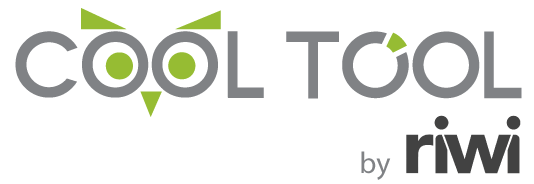The Challenge
Social media platforms began gaining popularity in the 2000s. Despite social media platforms’ over 20-year presence, current policies regarding their usage, requirements, and guidelines have failed to protect users. In particular, women have reported experiencing violence when using social media platforms. Amnesty International has chosen to focus on the hate speech and online violence experienced by women Twitter users as a foundation for policy advocacy.
Amnesty International wanted to gain an accurate understanding of the experiences of women Twitter users. With any research on gender and violence, ensuring participants felt safe to engage was essential. Amnesty International needed to create a picture of why women used Twitter, their platform habits, how Twitter handled any instances of abuse, hate, and doxing, and how social media environments have changed over time. RIWI’s ability to provide respondents with a secure and anonymous means to communicate their experiences and opinions enabled Amnesty International to gather insights on these difficult topics.
The Solution
The Impact
Using this data, Amnesty International created and published their ‘Twitter Scorecard report: Tracking Twitter’s Progress In Addressing Violence And Abuse Against Women Online In The United States.’ The report highlights RIWI data which confirm that a high proportion of women on Twitter are still experiencing online abuse, and that the frequency of abuse and dissatisfaction with Twitter’s responses to these issues tend to increase with frequency of use. Amnesty International is using RIWI’s findings and their Twitter Scorecard report to advocate for new policies to protect users on Twitter and other social media platforms.
The data collected by RIWI was critical in helping us better understand the extent to which women on Twitter are affected by hateful and abusive speech. Michael Kleinman, Director, Silicon Valley Initiative, Amnesty International
